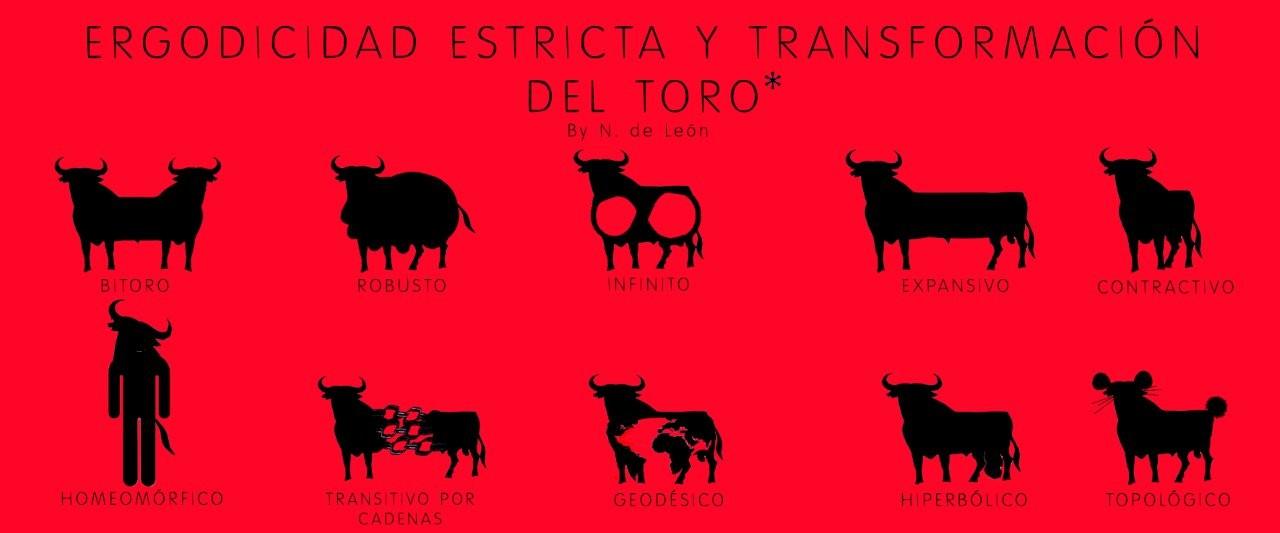
“I think that mathematics is one of the most
intellectually gratifying of human activities. Because we have a high standard
for clear and convincing thinking and because we place a high value on listening
and trying to understand each other, we don't engange in
interminable arguments and endless redoing of our mathematics. We are prepared
to be convinced by others. Intellectually, mathematics moves very quickly.
Entire mathematical landscapes change and change again in amazing ways during a
single carreer.”
W. Thurston, Bull
A.M.S. vol 30
(1994) pags 161-177
“The task of mathematics and mathematicians is
to articulate the
visible regularities in the physical and mental worlds, and to find new
structural patterns unperceivable by direct intuition and common sense” M. Gromov. Acceptance speech for Balzan Prize
“Le savant n’etudie pas la nature parce que cela est utile ;il l’etudie parce qu’il y prend plaisir et il y prend plaisir parce qu’elle est belle. Si la nature n’etait pas belle, elle ne vaudrait pas la peine d’etre connue, la vie ne vaudrait pas la peine d’etre vecue.” H Poincare. Science et methode (1908).
"The product of mathematics is clarity and understanding. Not theorems, by themselves. Is there, for example any real reason that even such famous results as Fermat's Last Theorem, or the Poincare conjecture, really matter? Their real importance is not in their specific statements, but their role in challenging our understanding, presenting challenges that led to mathematical developments that increased our understanding. The world does not suffer from an oversupply of clarity and understanding (to put it mildly). How and whether specific mathematics might lead to improving the world (whatever that means) is usually impossible to tease out, but mathematics collectively is extremely important." W. Thurston (2010) Mathoverflow.
"‘a science is said to be useful if its development tends to accentuate the existing inequalities in the distribution of wealth, or more directly promotes the destruction of human life’" Hardy, A Mathematicians Apology.
"Ce qui limite le vrai, ce n'est pas le faux, c'est l'insignifiant" Rene Thom, Predire n'est pas expliquer (page 132).